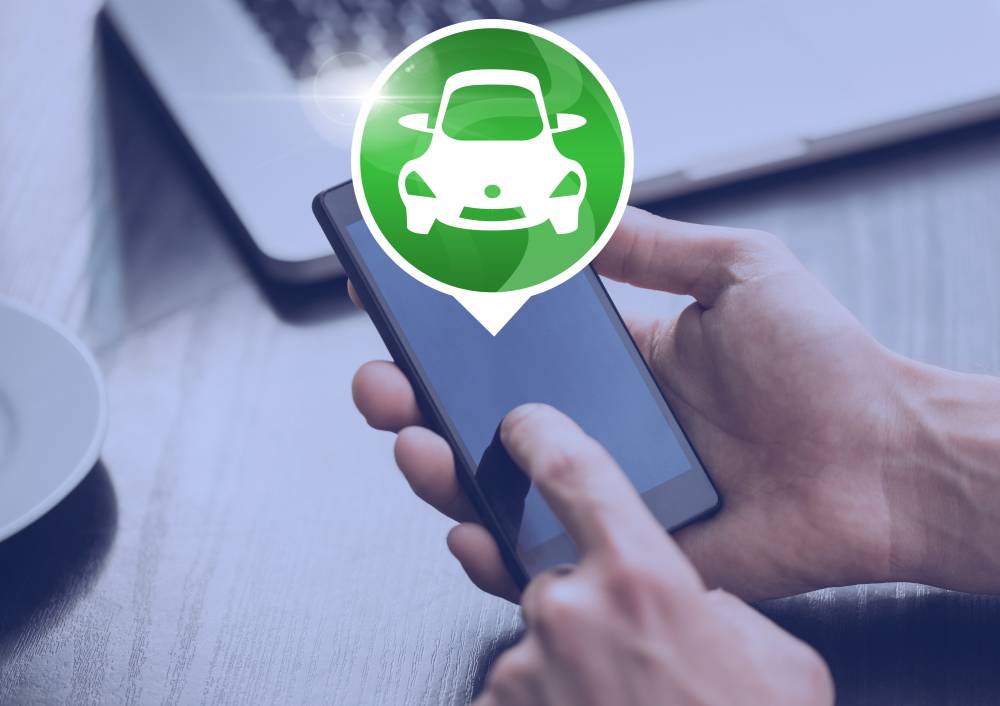E-hailing drivers express frustration over unfair fare systems, poor compensation
A full-time e-hailing driver said he sometimes spent over half an hour between picking up and dropping off passengers, only to earn RM4.

SHAH ALAM – The e-hailing industry in Malaysia continues to face a range of issues despite its growth and popularity.
The pricing system, which was largely controlled by algorithms and market demand, often led to frustration among drivers who felt that their efforts and expenses were not adequately reflected in their earnings.
A 43-year-old e-hailing driver who wished to remain anonymous said the current pricing system failed to adequately reflect the efforts and expenses drivers incurred.
He said while he understood that customers wanted affordable prices, drivers faced significant challenges in meeting these expectations.
"For instance, if I pick up a passenger from Section 19 in Shah Alam, while another driver is picking up from Section 13, the distance to reach the customer can sometimes be more than four kilometres.
"Unfortunately, this distance is not included into the fare. Only the journey from pickup to the destination is counted, leaving drivers to absorb the costs," he told Sinar Daily.
The man also expressed concerns about the introduction of a bidding system by certain services, which has made drivers feel underpaid.
Before the change, he said drivers received reasonable fares, but now customers frequently overlooked that drivers prioritised picking them up right at their doorstep, saving them the trouble of waiting for a taxi.
On top of the unfair fare structure, he expressed frustration over the lack of communication and the inability to directly contact customer service.
He shared that drivers frequently encountered impersonal chatbots and they simply wanted to be treated as valued partners rather than just workers.
"Review the fares and offer bonuses that don’t come out of the customers’ pockets," he added.
Meanwhile, Adisarman Awang, 46, who has been a full-time e-hailing driver since 2017, reflected on the days when driving for e-hailing services was a more rewarding experience.
"Back then, there were numerous incentives that made the job enjoyable. Nowadays, passengers often complain about price inconsistencies.
"For instance, a customer may pay RM25 for a trip in one direction and only RM12 for the return trip on the same route," he said.
Adisarman pointed out that e-hailing drivers have no control over fares because pricing was determined by algorithms that took into account demand and supply.
He said when the system detected high demand, it doubled the price and this could be seen especially during oeak hours.
While this benefitted drivers at times, he said it often confused passengers.
He added that drivers must work around the system’s limitations.
Adam Chong, 59, another full-time driver, said rain and traffic added to the complications, resulting in long wait times for low fares.
He said sometimes he spent over half an hour between picking up and dropping off passengers, only to earn RM4.
"It’s simply not sustainable," he said.
Chong also criticised the lack of compensation for factors outside drivers' control, such as traffic jams and bad weather.
He said driving for 10 hours might earn him RM200, but that amount was before deducting fuel and other expenses.
For Liong Tuck Whye, 57, a former police officer who has been driving for over six years, e-hailing services offered both benefits and challenges.
While he appreciated the transparency compared to traditional taxis, he acknowledged the declining earnings and increased competition in the market.
"In the past, taxis didn’t follow the meter, so fares could skyrocket. E-hailing brought in a fairer system, but now it’s more of a price war.
"Drivers have no say in the fares and if the government standardised prices, e-hailing could become too expensive for users," Liong said.
Liong highlighted the strict rules e-hailing services implemented to protect both drivers and passengers.
He said if a complaint was made about his car being dirty, he could be suspended for two hours to clean it.
The system ensured accountability on both sides, he added.
He said cases of sexual harassment were treated with seriousness, with drivers who have police records being banned from working.
Despite the potential benefits of these systems, Liong stressed that drivers continued to face challenges such as long hours, peak-hour frustrations and frequent cancellations.
With the e-hailing landscape changing rapidly, drivers were calling for improvements to fare structures, better bonuses and more recognition of their challenges, urging e-hailing companies to treat them as valued partners rather than expendable workers.










